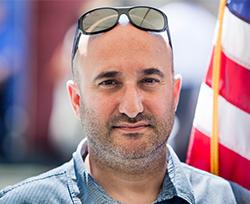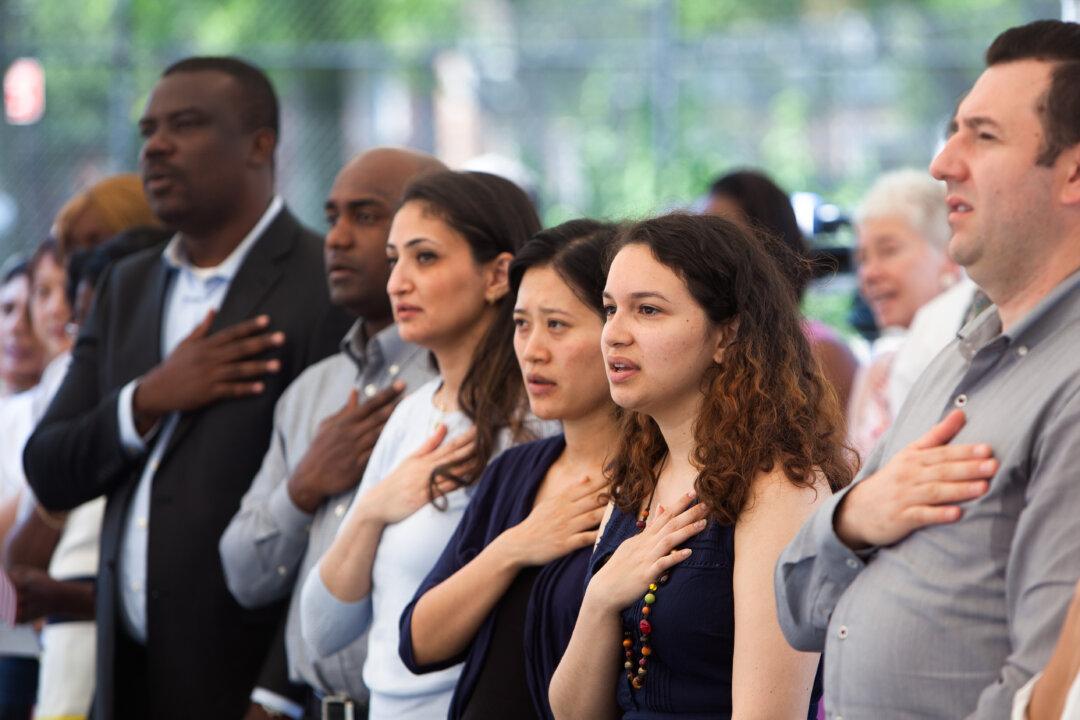When July Fourth rolls around, most of us think about spending time barbequing with our families, or getting a long weekend off from work. It’s less often that we reflect on what it means to be an American.
But for people who have experienced hardships and tribulations in order to become Americans, the day takes on special meaning. The United States is among a small group of countries in the world that grant citizenship to people who were born elsewhere.
According to the United States Citizenship and Immigration Services office, around 680,000 people become naturalized as American citizens annually. Every year, the office also arranges naturalization ceremonies around Independence Day to celebrate the holiday with newly minted Americans. This summer, more than 4,000 citizens will be naturalized in special July Fourth ceremonies across the country.
At a ceremony held in Brooklyn on June 30, Epoch Times spoke with several citizenship candidates about their experiences becoming Americans. Many of them shared that they not only appreciated the economic opportunities in this country, but the freedoms and institutions that allow ordinary people’s voices to be heard. As Edison Zarate, originally from Ecuador, said, “The people, the freedom, the law—everything is straight here.”
Sitting outside the Old Stone House in Washington Park, Park Slope, Brooklyn—the site of the largest battle during the Revolutionary War—each shared a different perspective on what makes being an American so special.
Appreciation for the Generations of Immigrants
Salvatore Malfitano doesn’t really remember a life outside of America. He came to the United States from Sicily, Italy at the age of 5.
His experience growing up in Brooklyn was like most other New Yorkers, living among neighbors from all over the world. Malfitano has witnessed different immigration waves throughout the years: from Eastern Europeans after the collapse of the Soviet Union, to the recent movement of people from Asia and Latin America.






